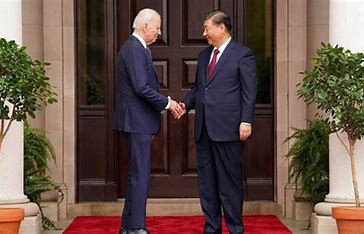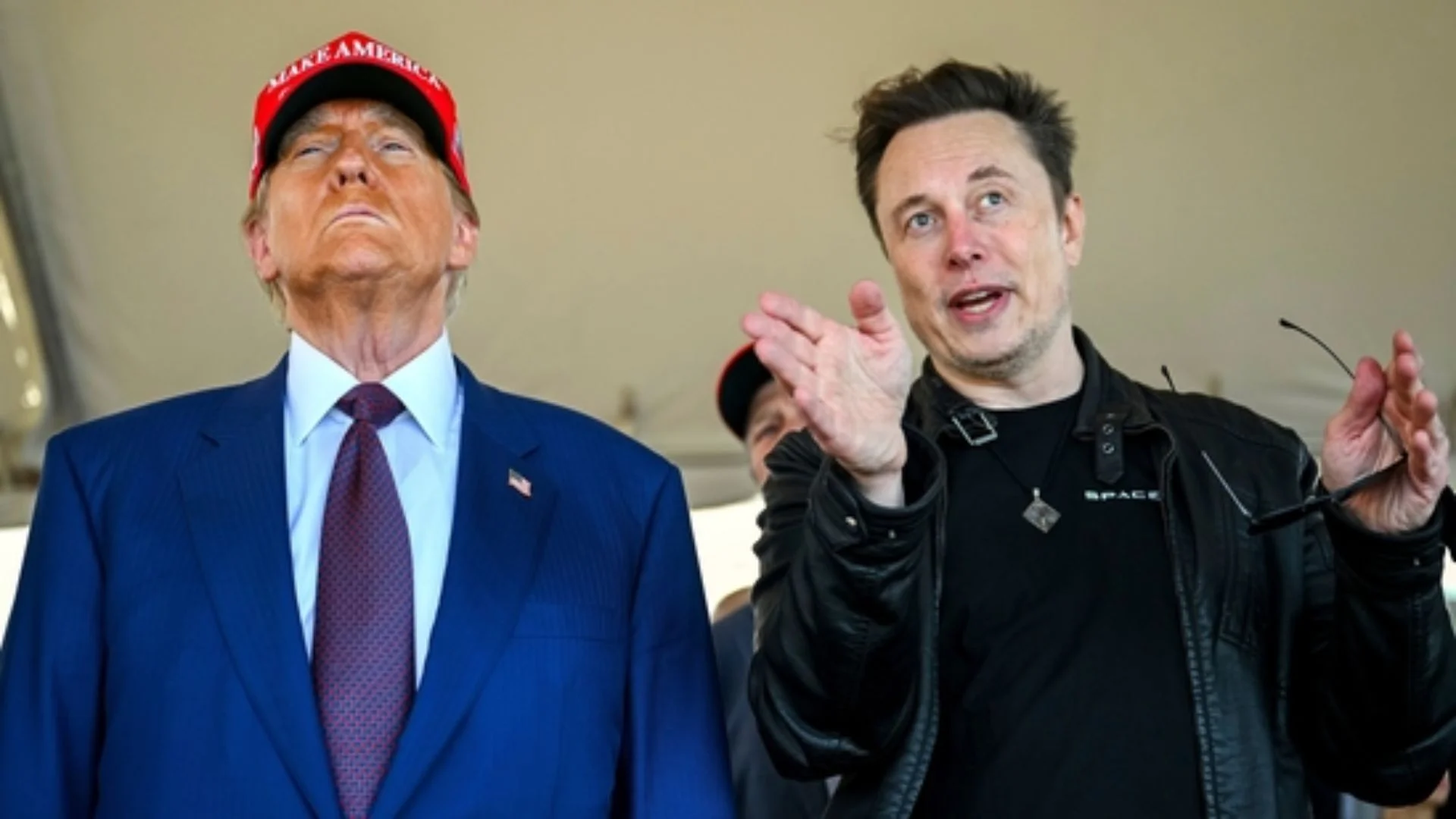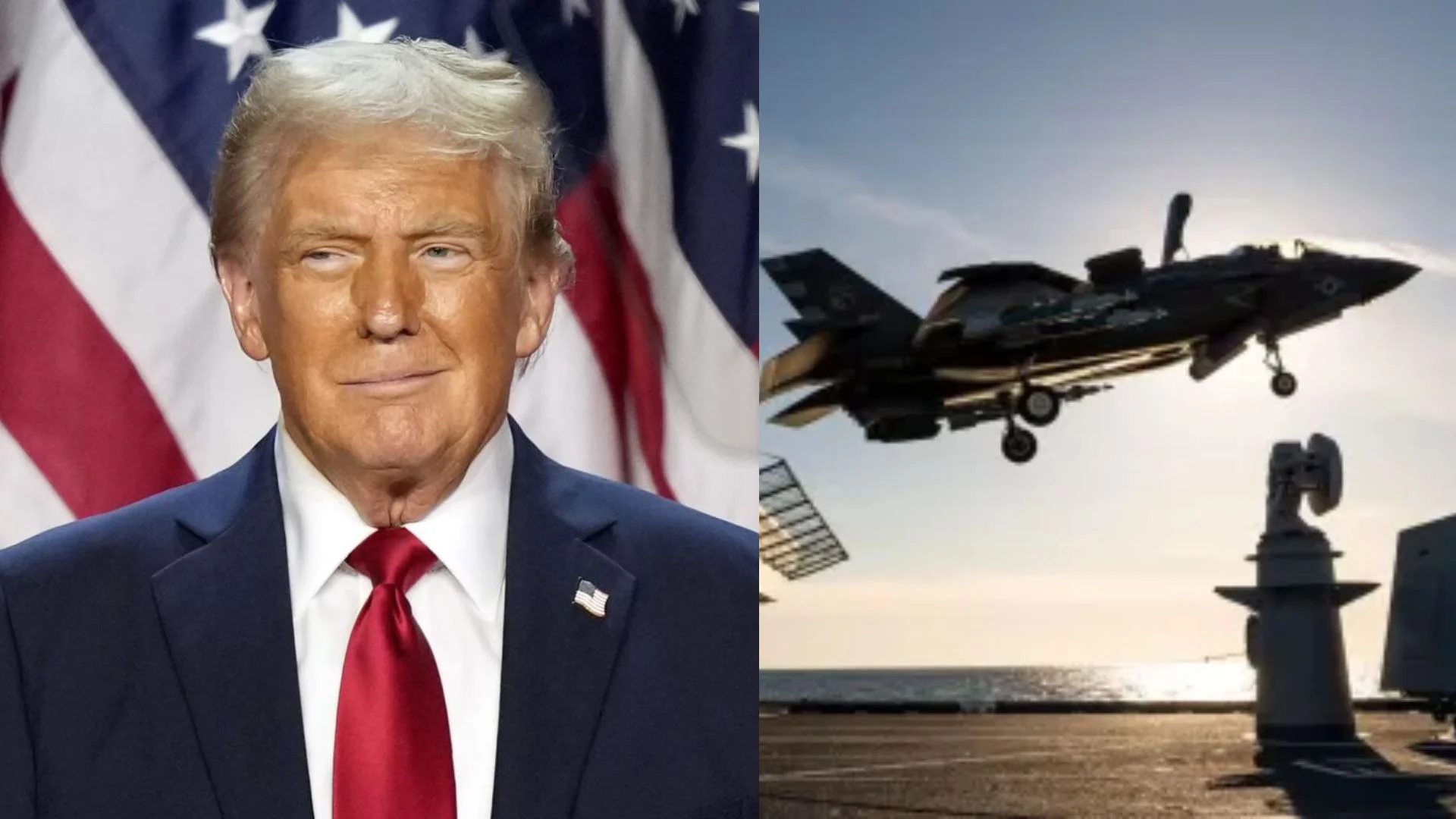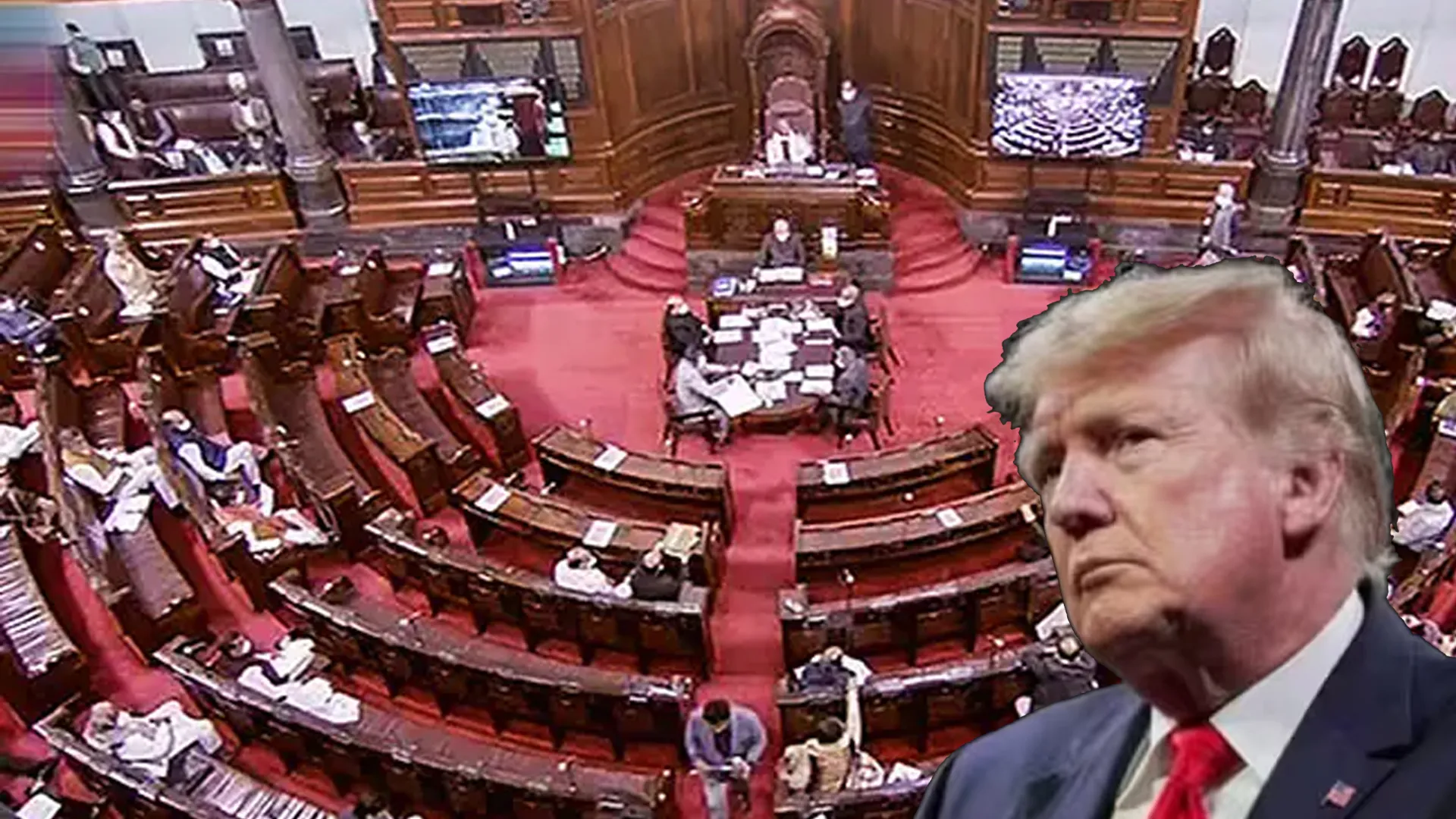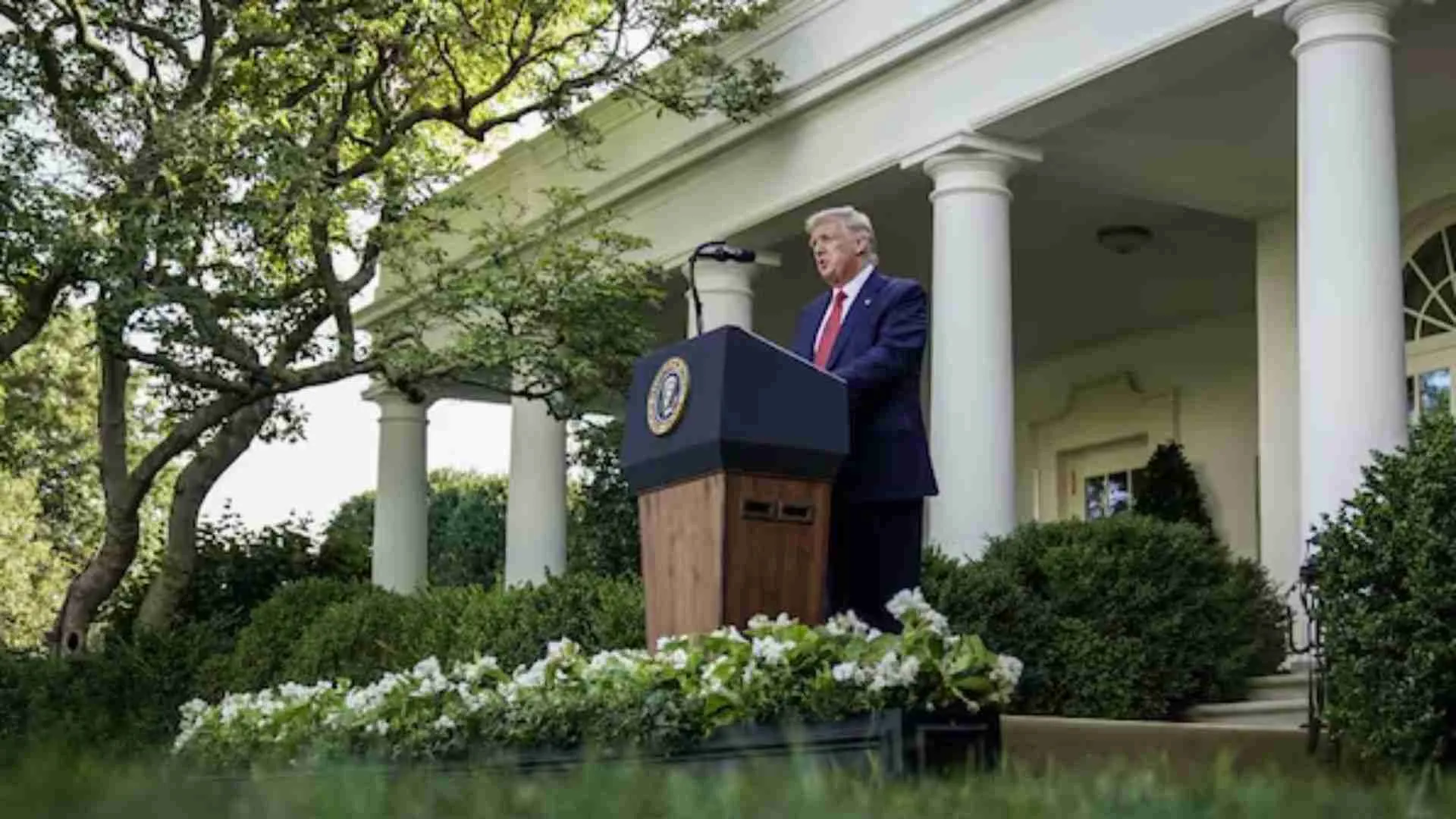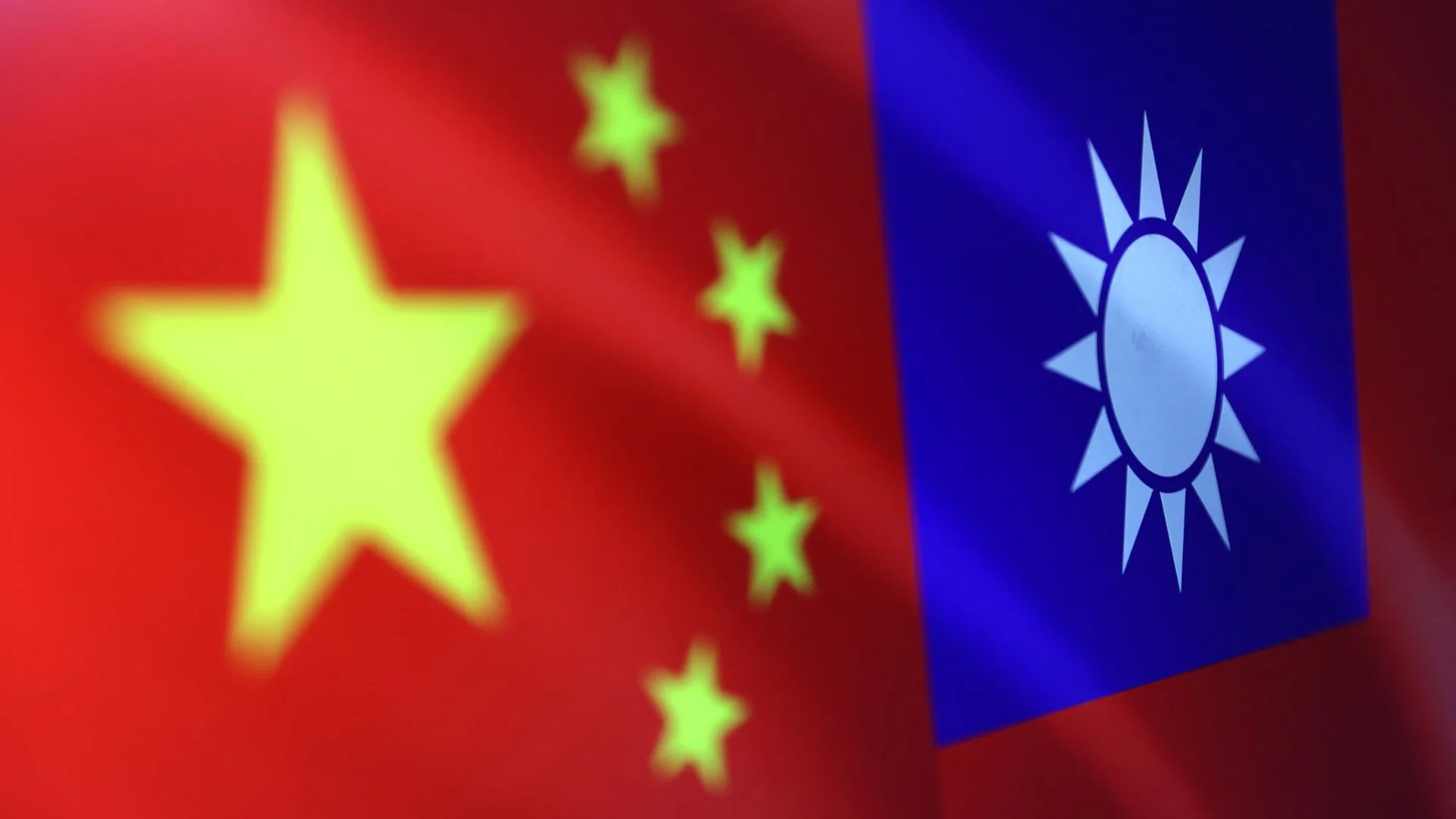At the Asia-Pacific Economic Cooperation (APEC) summit in Lima, Chinese President Xi Jinping and U.S. President Joe Biden delivered stark warnings about a turbulent global future. With Donald Trump’s return to the White House imminent, both leaders highlighted growing economic and geopolitical challenges.
Xi’s Warning Against Protectionism
Xi Jinping expressed concerns about rising unilateralism and protectionism. In a written address at an APEC CEO meeting, he warned of the dangers of a fragmented global economy, emphasizing the need for inclusive growth.
Biden’s Call for Strong Alliances
Joe Biden, meanwhile, underscored the importance of alliances, meeting with Japan and South Korea’s leaders. He emphasized the trilateral partnership’s durability amidst significant political changes, calling for unity in countering challenges like North Korea’s military ambitions and its cooperation with Russia.
Trade Wars Loom Large
The summit’s agenda, focusing on trade and investment, was clouded by Trump’s protectionist stance. His proposed tariffs of up to 60% on Chinese imports threaten not only U.S.-China relations but also the global economy. Economists warn such policies could disrupt trade and stability.
Trump’s ‘America First’ Approach
Trump’s return to power signals a shift towards protectionist trade policies and reduced international cooperation. This stance could undermine Biden’s efforts to address global issues like climate change and regional conflicts.
Geopolitical Tensions Heighten
The summit also highlighted rising tensions in the Asia-Pacific region. China’s increasing military presence and its claims over Taiwan add to the geopolitical strain, while Trump’s proposed tariffs on Mexico and other economies further complicate international relations.
The Path Ahead
As Biden and Xi prepare for their final official meeting, U.S. National Security Advisor Jake Sullivan emphasized the need to manage U.S.-China competition carefully to avoid conflict. The APEC summit, representing 60% of the world’s GDP, stands at a crossroads, with global stability hanging in the balance.

